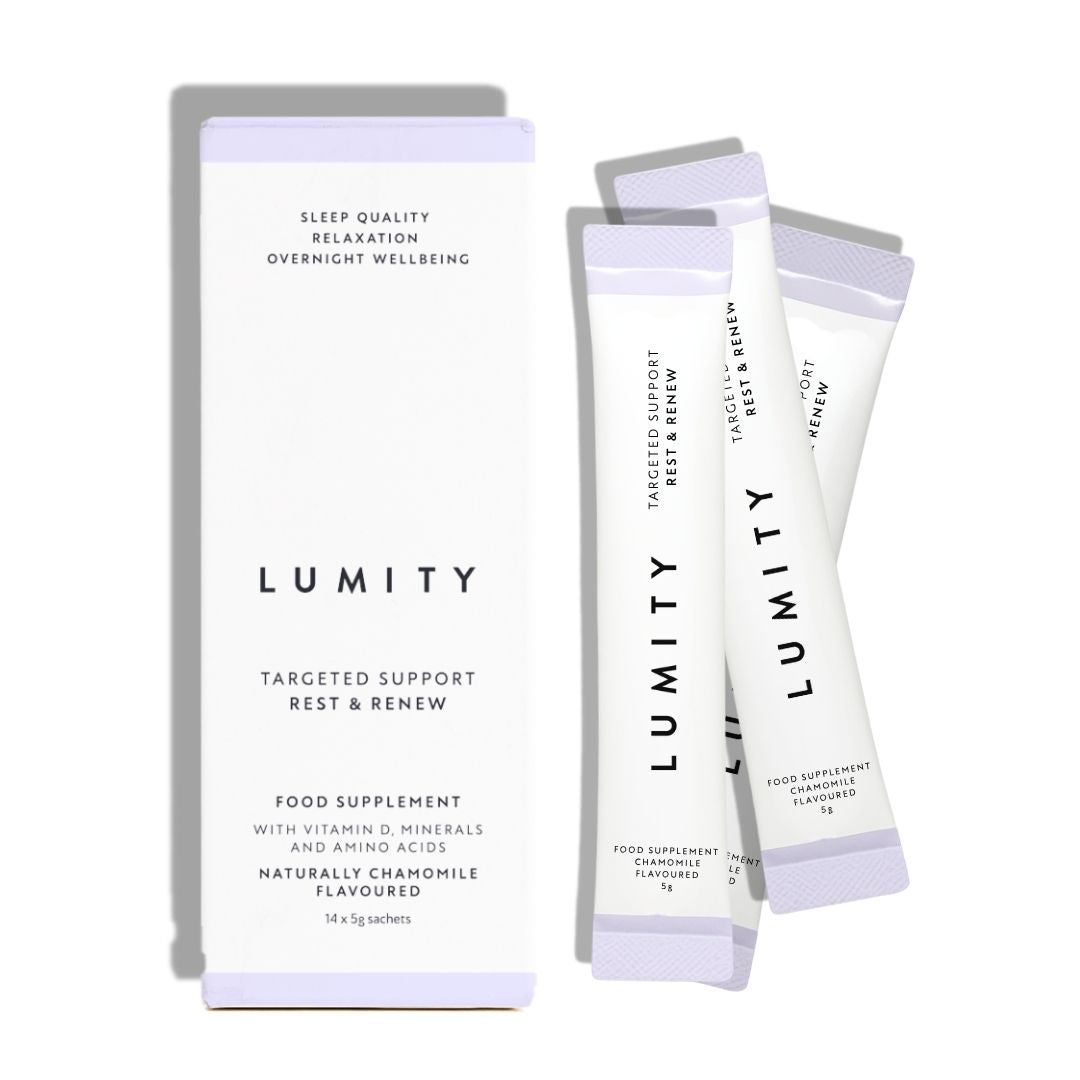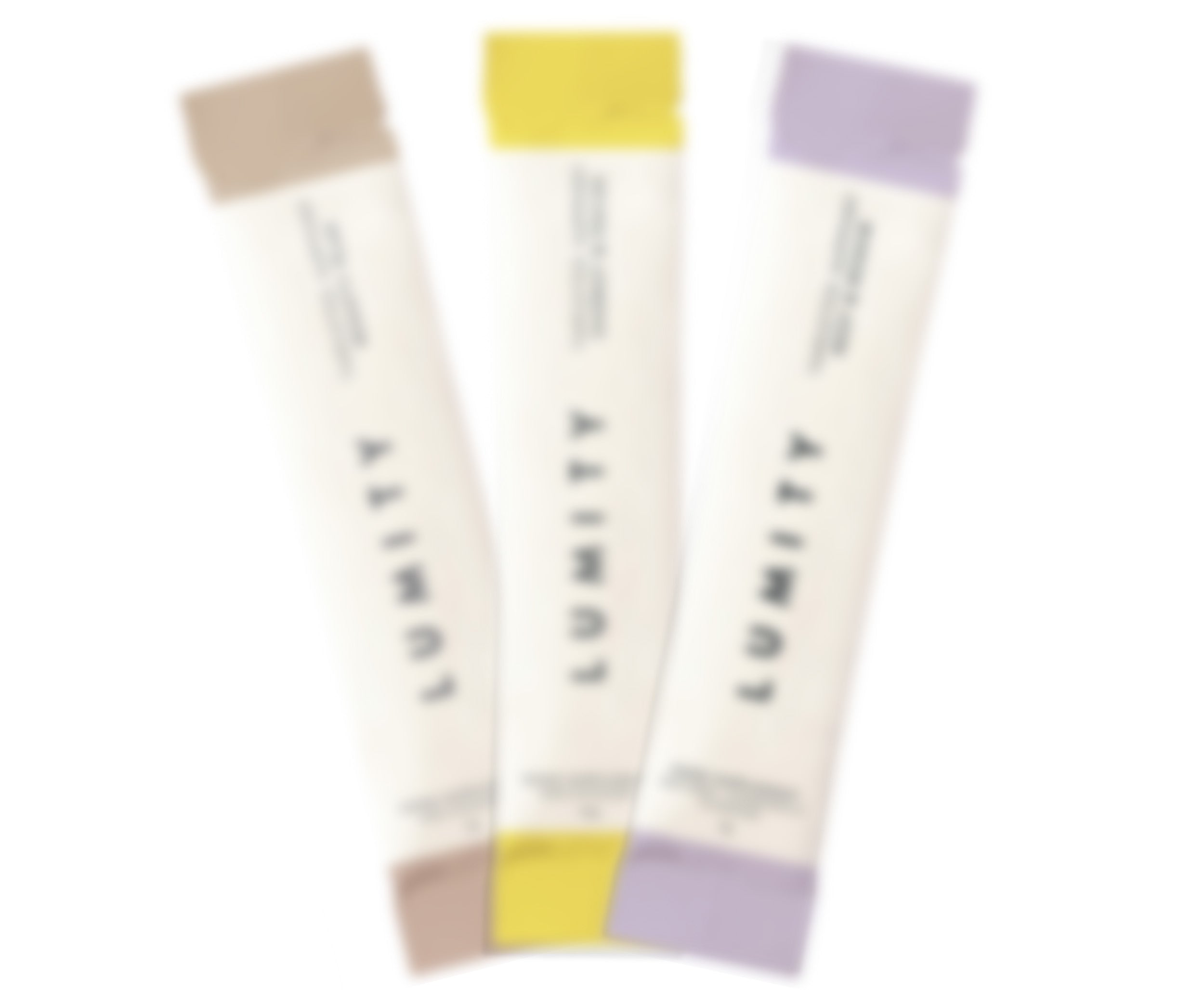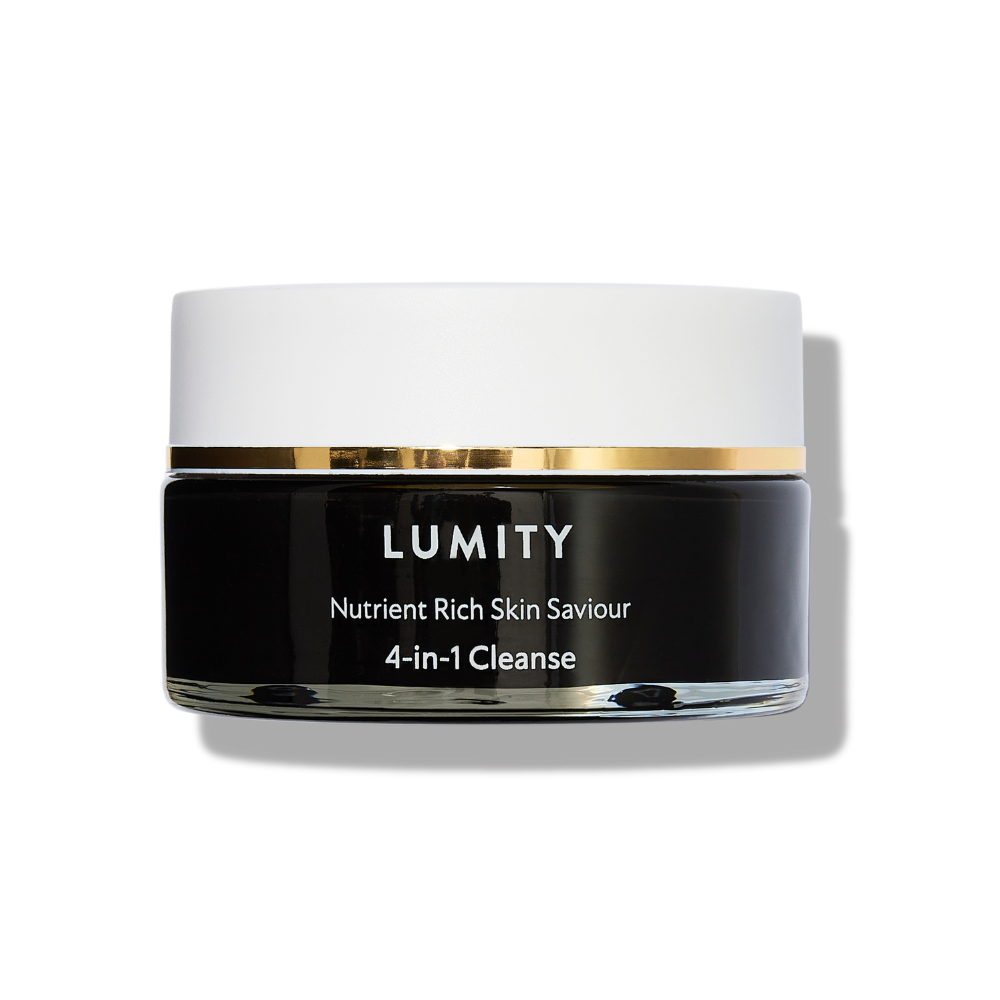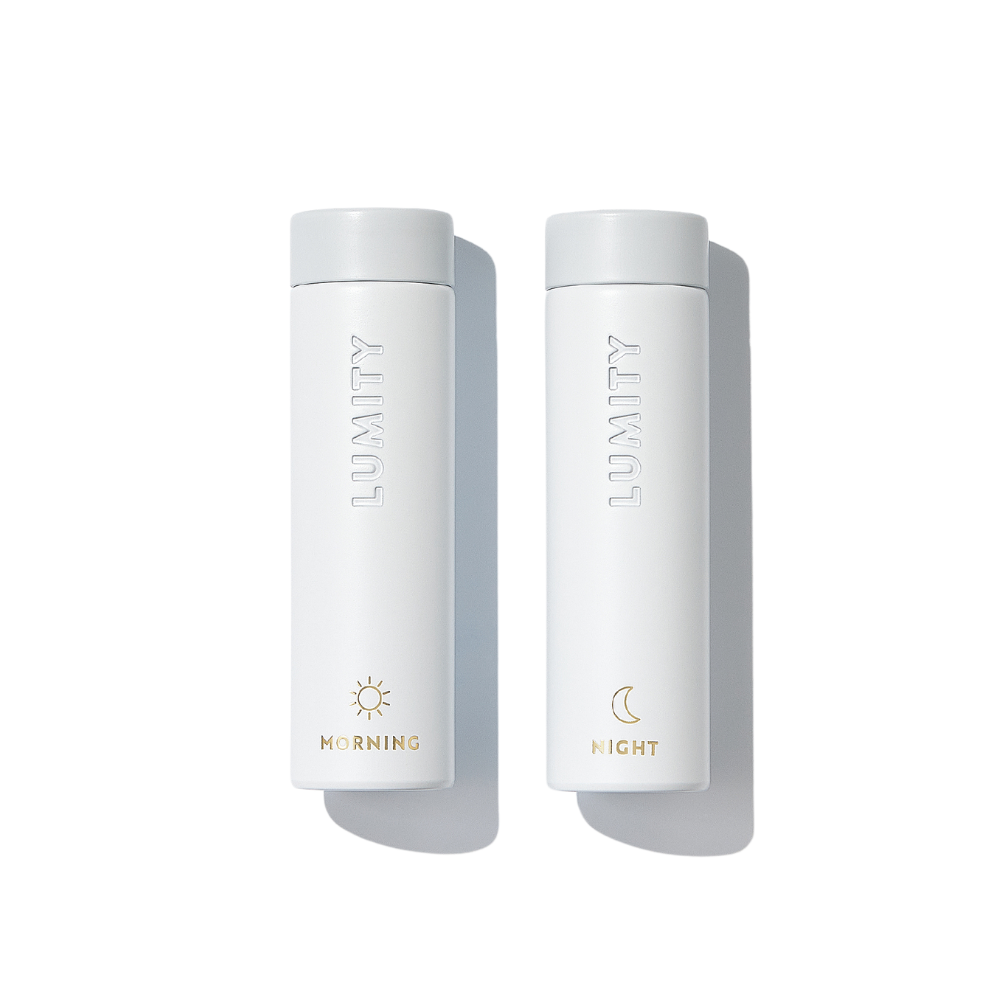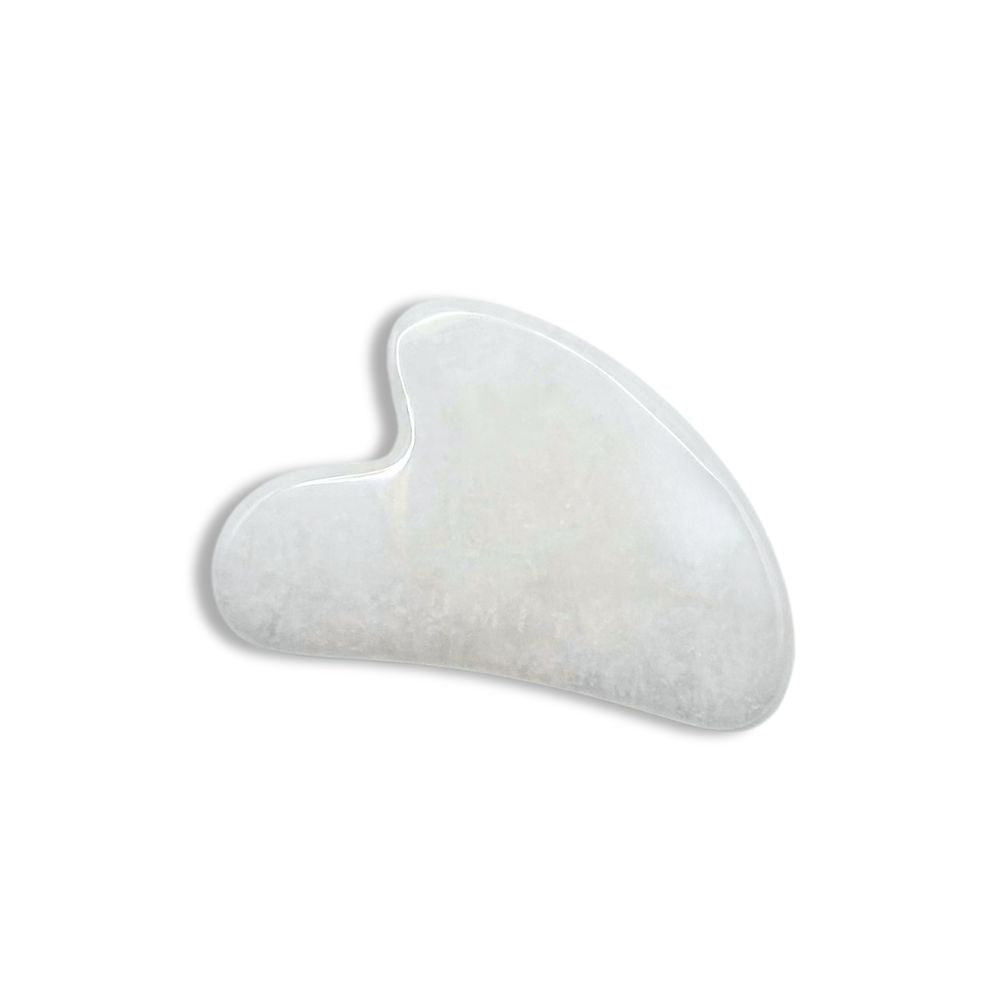Vitamin D FAQs

What is vitamin D?
Vitamin D is a fat-soluble vitamin which is essential for normal growth and development. It has become very newsworthy recently because many adults are believed to be deficient in this essential vitamin. This is because so many of us live in countries that aren’t naturally very sunny. Season, time of day, length of the day, cloud cover, smog and skin melanin content are among the factors that affect UV radiation exposure and vitamin D synthesis.
Few food sources provide sufficient vitamin D, so sunlight exposure or supplementation is important. However, low exposure to the sun or exposure exclusively with thick, high SPF sunscreens means that this source of vitamin D can be very low, and supplementation is required to provide sufficient vitamin D for all the body's needs.
What is vitamin D and what is it used for?
Vitamin D is required for the absorption and metabolism of calcium and phosphorus to support the necessary hardening of bones. Its role in the absorption of calcium is also key for a healthy neuromuscular system, muscle strength, normal blood clotting and heart function. It is also considered to be helpful with seasonal depression.
Vitamin D Benefits: What Does Vitamin D Do?
Vitamins A and D taken together have been shown to reduce the incidence of colds, reduce muscle spasms (especially when related to anxiety states) and ease asthma and arthritis. Studies have shown that omega fatty acids and Vitamin D are associated with longer, healthier telomeres. With each cell cycle, telomeres, the protective caps at the end of chromosomes, shorten. When telomeres become too short, the cell dies.
Vitamin D has other roles in the body, including:
- Modulation of cell growth
- Neuromuscular function
- Reduction of inflammation
- It's one of the best vitamins for boosting your immune system
Vitamin D modulates many genes which encode proteins that regulate cell proliferation, differentiation and apoptosis. Many cells have vitamin D receptors.
A growing body of research suggests that vitamin D might play some role in the prevention and treatment of type 1 and type 2 diabetes, hypertension, glucose intolerance, multiple sclerosis, osteoporosis, cancer and other medical conditions.
Studies and epidemiologic data suggest that vitamin D status could affect cancer risk.
How Much Vitamin D Should I Have Per Day?
The amount of vitamin D you need depends on many factors which include age, race, where you live and how much time you spend outside. The US Institute of Medicine suggests an average daily intake of 400–800 IU, or 10–20 micrograms, is adequate for 97.5% of people.
How Much Sun Do You Need for Vitamin D?
For optimal vitamin D levels, try to sit outside in the midday sun for between 10-30 minutes per day.

How Much is Too Much Vitamin D?
Experts warn that 4,000 IU or less per day is considered safe, but if you’re taking high amounts on a daily basis, you need to have your blood levels monitored by your doctor.
Vitamin D Overdose
Taking too many vitamin D supplements over a long period of time can cause too much calcium to build up in the body (hypercalcaemia). Consult a doctor if you have any questions about your own Vitamin D supplementation.
Vitamin D Deficiency
What are the symptoms of low vitamin D?
- Being unwell and tired with frequent illness such as colds and flu
- Feeling tired all the time
- Depression and low mood
- Back pain
- Hair loss
- Bone Loss
- Muscle Pain
- Aching bones
What Can Vitamin D Deficiency Cause?
A vitamin D deficiency can potentially be serious because if it has impacted your immune system you could fall ill with something serious and have trouble fighting it off. NHS England suggests people supplement with vitamin D in winter to help them stay healthy.
How to Treat Vitamin D Deficiency
If you are feeling tired, low and depressed and suspect you have a vitamin D deficiency, talk to your doctor who will create a plan – which will involve supplementing - to help you feel better.
Vitamin D Deficiency Treatment - How Long Until I Feel Better
It normally takes about three months to start feeling better after starting supplements to treat vitamin D deficiency.
How to Boost Vitamin D Levels
As well as supplementing with vitamin D you can eat a diet that’s rich in it, so aim for lots of fatty fish and eggs. Also, sit outside for up to 30 minutes each day in the midday sun.
How to Increase Vitamin D Levels Quickly
Take a decent immunity supplement like Lumity which contains 15 µg of Vitamin D3 which is over 300% of the RDA.

Which Foods Are High in Vitamin D?
Whilst spending time in natural sunshine is a great way to boost your vitamin D levels through cholesterol in the skin, it does occur naturally in some foods.
Which Vegetable is High in Vitamin D?
Eggs, raw milk and mushrooms also contain this nutrient.
Which Foods Contain Vitamin D?
Fish, including salmon, sardines, mackerel and tuna are all sources of vitamin D, holistic nutritional wellness coach Naomi Buff says. “If you’d like to boost your vitamin D levels through diet, try eating more fish. Oily fish like sardines, salmon, tuna, mackerel and caviar are all rich in vitamin D. A teaspoon of cod liver oil contains plenty of vitamin D.”







